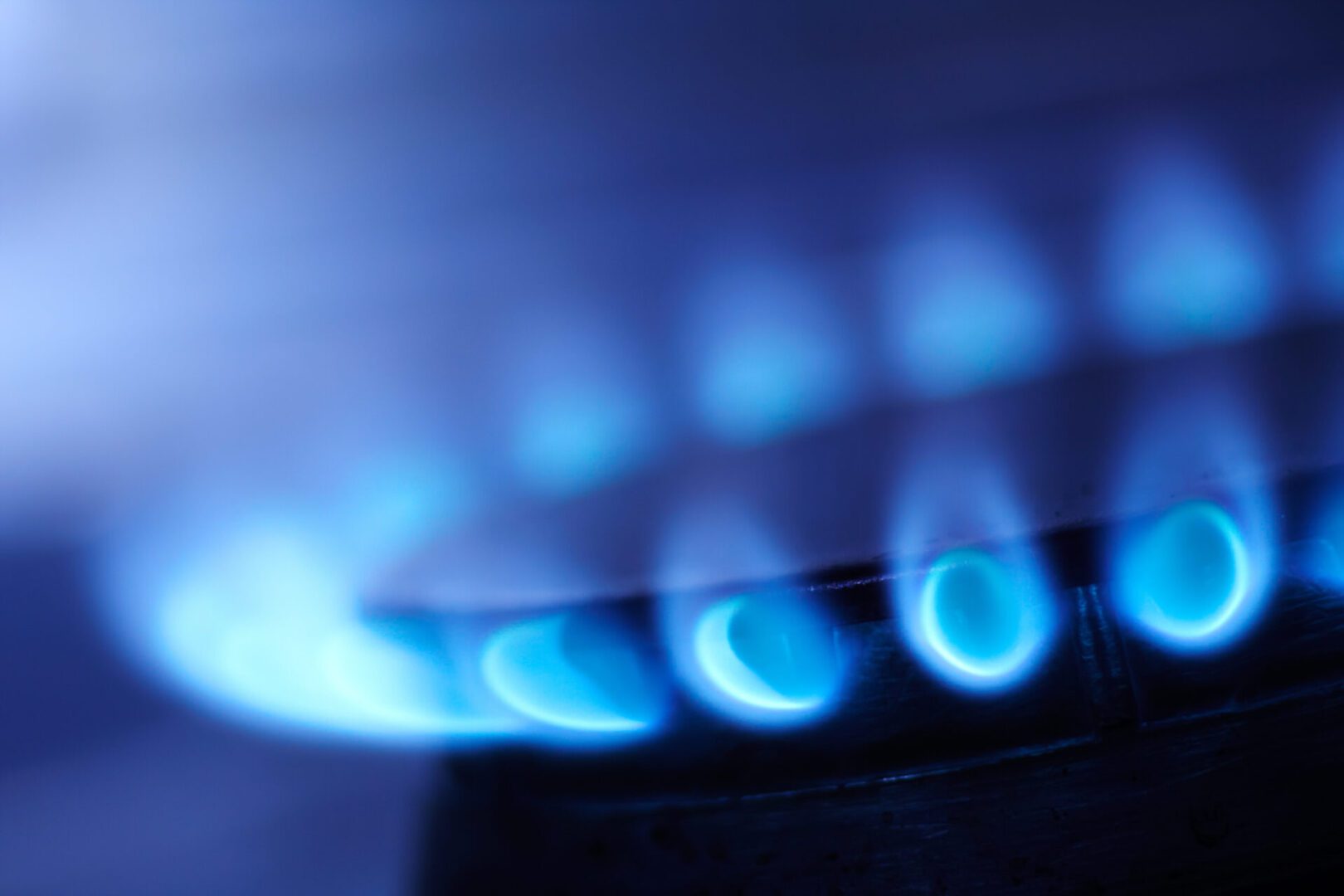Safety Tips for Indoor Propane Heaters

Propane heaters can be a great, cost-effective way to heat your home in the case of a power outage or dying furnace. But they pose higher fire and carbon monoxide (CO) poisoning risks than many other heating systems, so you should take all safety precautions when using them indoors—and save them as a last-resort heating option.
Using indoor and outdoor heaters:
Never use an outdoor propane heater indoors. This is very likely to lead to CO poisoning for everyone in the house since these models burn propane at a much faster rate and are not built to properly vent CO. They can, however, be used inside of garages if the garage door is fully open while they’re running. Indoor heaters are equipped with automatic shut-off switches connected to oxygen sensors, which cause the machine to turn off when CO levels become too high. Even with this safety feature in place, it is still possible for an indoor propane heater to expose you to severe levels of CO. Keep a window cracked open one to three inches while the heater is running to ensure proper ventilation. No matter the model of heater you’re using, make sure you are following the manufacturer’s instructions specific to your machine to keep your family and home safe.Propane heater safety tips:
- Install CO detectors around your house if you plan to use a propane heater. These can be found at a low price from most local hardware stores and large retailers.
- Keep an eye on the machine whenever it is turned on, and always shut it off before going to sleep or leaving the house. Make sure your children/pets always stay at least three feet away from a running heater. Keep your clothes, furniture and other flammable objects at a safe distance, too; 31% of home heating fires occur because of a heat source being too close to an ignitable object. This goes for putting objects on top of the heater, too, even if it’s only for a moment. Keep it out of the way for those walking through the room so as to avoid tip over fires. Just because the flame is enclosed doesn’t mean it can’t start a blaze at any moment if not given space.
- Clean it regularly. Vacuum, wipe and dust off the surface of and area around the heater to ensure it stays in proper working condition. Failure to properly clean your machine accounts for a quarter of all heating-related house fires, so don’t let your home be a part of the statistic.
- Size of heater in comparison to your space (make sure you can keep three feet of free space around the entire heater.
- Don’t spray any substance around the heater. Products such as room sprays, hair sprays, perfume and deodorant should all be avoided when a propane heater is in use or has recently been in use because they can catch fire if they interact with propane gas.
- Turn off a heater immediately if you smell anything odd. Manufacturers purposefully add a smell to propane to keep you alert if there is a leak or some other situation that could lead to carbon monoxide poisoning or a fire.
- Watch the flame while using the machine—it should burn blue. If you see it begin to appear yellow or orange, immediately turn off the heater to avoid starting a fire. If the problem persists the next time you turn it on, you should take your machine to a repair shop or consider purchasing a new one to replace it. Using a faulty or malfunctioning propane heater—or contaminated propane—is very risky.
- Make sure the heater you end up purchasing is the right model and make for your home. Some important safety features to look for are:
- Size of heater in comparison to your space (make sure you can keep 3 feet of free space around the entire heater) Overheat protection
- Underwriters Laboratories (UL) certification
- Tip over safety switch (to protect yourself from fire in the event that the heater gets knocked over)